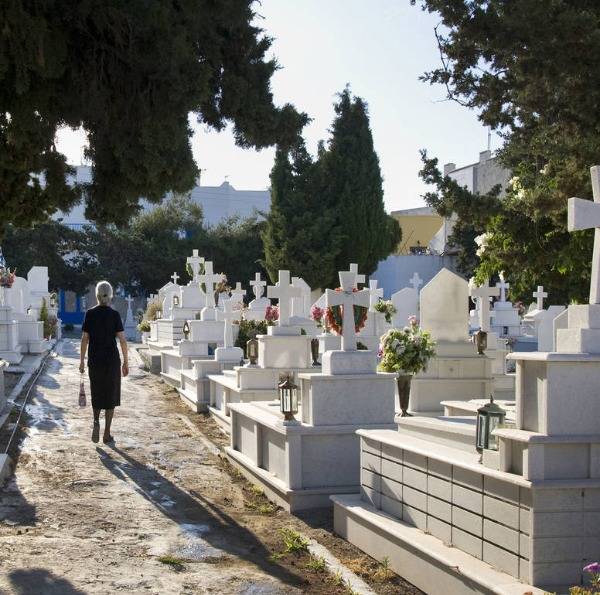The face of Iraq is changing. On a research trip to post-invasion Baghdad in 2003, I could feel a disconcerting trend in the air. When I went back to conduct another poll in 2004, my fears were confirmed. I didn't recognise many of the women I had met in 2003: they had taken to wearing hijab. Such overt signs of religiosity are a shock to those of us who remember that Iraq once promised to be the symbolic centre of Arab secularism. Instead religious fanaticism has shifted into high gear, and secularism is nowhere to be seen. One symbol of this process is what has happened to my own name: Jihad. When my parents named me in the mid 1950s the word 'jihad' embodied all the secular values that an Arab could conceive. It was a word which at that time encapsulated progressive thinking, struggle, perseverance, national liberation: all void of any religious connotations. Less than a half-century later it has been totally hijacked by fundamentalist Islamists. It now connotes religion and violence. Like the aspirations of my parents, Arab secularism has effectively been strangled by three agendas: those of the US, the Arab states, and the Islamists.
In the Arab world it is now dangerous to claim even to be secular, let alone to be a humanist. The Arabic equivalent for secularism is ilmaniya. It finds its roots in ilim, which could be either knowledge or science. Neither source plays well with theology. Once an ilmani (a secular person) was hailed for being educated (muthaqaf): in the current scenario an ilmani is a few steps from being labeled an atheist (mulhid), which is an insult and also dangerous. Google 'humanist' in Arabic and you will get one lonely site called la diniyyine (no religionists). It is usually blocked.
Part of the problem is historical. In the past Arab secularism was associated with socialist Eastern Europe, not with liberal capitalist Western Europe or the US. In the middle of the last century, when socialist ideals were inspiring secular Arab liberation movements, the west was supporting the conservative Arab regimes and Israel. With the collapse of the Soviet bloc, Arab secularism lost an important political mentor. Any residual notion that western Europe might still provide a credible secular refuge has probably been greatly damaged by the current furore over the publication of cartoons depicting the prophet Mohammed.
Any possible advance in Arab secularism was also historically squandered by those secular states which failed to promote secularism as a viable alternative to Islamic fundamentalism. When cornered in the 1991 Gulf War, Saddam Hussein ordered that the phrase Allah hu Akbar (God Is Great) should be added to the national flag.
Some say that democracy has finally come to the Arab world, courtesy of the invasion of Iraq. Whether this is true remains to be seen, but it seems foolish optimism to believe that even if there is Arab democracy this will allow the re-emergence of secularist thought or policy. Now the world belongs to the sectarians, and western governments are actively supporting the growth of religious politics. Secularism is off the agenda. It pains me that more than ever that my name stands for that which it once denied.
Jihad Fakhreddine is Research Manager (Media) at the Pan Arab Research Center, Dubai

